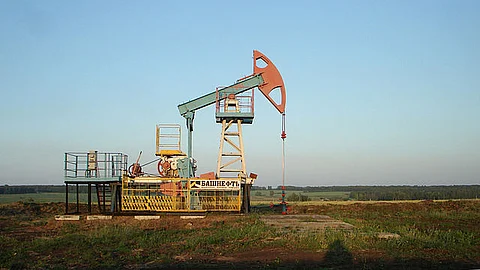

A critical round of U.S.-India trade negotiations scheduled for August 25-29 in New Delhi has been abruptly canceled, dashing hopes for relief before punishing 50% U.S. tariffs take effect on August 27. The postponement, confirmed by Indian broadcaster NDTV Profit, marks the latest breakdown in talks after five failed rounds, with no rescheduled date announced. The collapse leaves Indian exporters facing the highest U.S. tariff rates imposed on any major trading partner, escalating a crisis triggered by India’s refusal to halt Russian oil imports.
The suspended talks forfeit India’s last chance to avert devastating economic penalties: an additional 25% duty layered atop existing 25% tariffs imposed August 7. Effective August 27, these combined 50% tariffs will hammer key Indian exports like textiles, engineering goods, and pharmaceuticals. With the U.S. absorbing nearly 20% of India’s global exports. worth $86.51 billion annually, the move threatens widespread industry disruptions. India’s Commerce Ministry notes bilateral trade surged 21.64% to $33.53 billion from April-July 2025, growth now imperiled by Washington’s penalties.
Despite intense U.S. pressure, India refuses demands to open its dairy and farm sectors, a cornerstone of Trump’s trade demands. Indian negotiators view agricultural concessions as existential threats to 150 million small-scale farmers, dismissing U.S. proposals as economically reckless and politically untenable. Private refiners continue importing discounted Russian crude at near-peak volumes (1.8 million barrels daily), rejecting U.S. claims of reduced purchases.
Officials emphasize Russian oil, accounting for 36% of India’s imports, saves billions in energy costs while stabilizing domestic fuel prices. As External Affairs Minister Subrahmanyam Jaishankar stated: “Unlike Western nations, our Russian trade addresses vital national needs, not luxury imports”. Analysts suggest Trump’s focus on India, rather than larger Russian oil consumer China reflects frustration over stalled trade talks more than genuine Ukraine policy concerns.
While Trump hinted after his Alaska summit with Putin that secondary tariffs might be reconsidered “in 2-3 weeks,” no formal commitment emerged. The delay pushes resolution past the August 27 tariff deadline, forcing Indian exporters to absorb immediate losses. With bilateral trust eroding, the once-ambitious goal of finalizing a trade deal by fall 2025 appears increasingly unattainable.